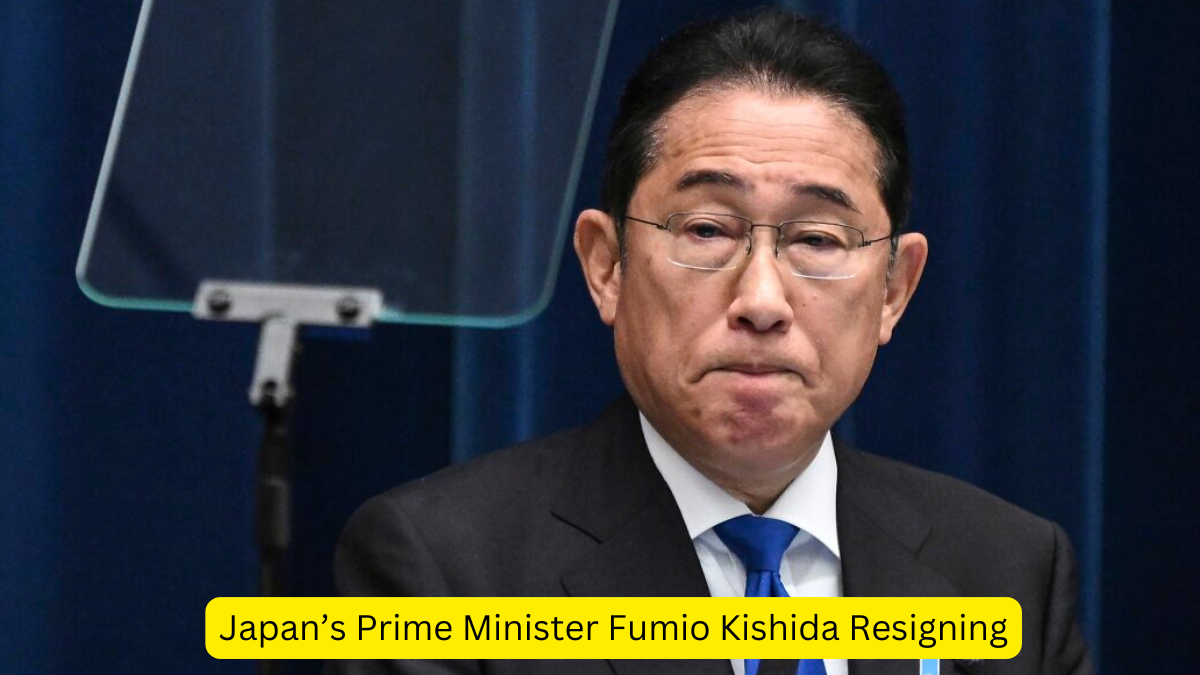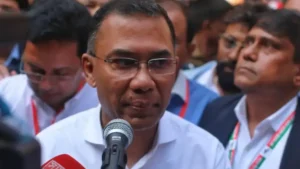Japan’s Prime Minister Fumio Kishida announced on August 14, that he will be stepping down from the post next month, and will not contest in the upcoming vote to elect a new chief for the ruling Liberal Democratic Party (LDP). Kishida has been having a torrid time in office, his government has been battered by scandals, and his 20% approval rating indicates a disastrous erosion of public trust.
About Fumio Kishida
Fumio Kishida comes from Hiroshima, and the prime minister, who was born 12 years after the city was destroyed by the first nuclear weapon, lost several members of his family in the bombing. He has always supported nuclear nonproliferation and disarmament. He belongs to a political family, and his father and grandfather served in the House of Representatives, the lower house of Japan’s parliament (Diet).
Why is Fumio Kishida resigning?
The prime minister told a press conference that “Politics cannot function without public trust,” a reference to a slush funds scandal that has unfolded over the past year, and severely tarnished the government’s image. A Nikkei poll has projected the government’s approval rating at just 20% for eight consecutive months until July, down sharply from the 60% rating that Kishida enjoyed when he took office in late 2021. “It is necessary to show the public the new, changed LDP,” Kishida said. “The most obvious first step toward showing that the party will change is for me to step aside.”
Next Leader
Former defence minister Shigeru Ishiba has already thrown his hat in the ring as a prospective replacement for Kishida, saying he would like to “fulfil his duty” if he gained enough support, public broadcaster NHK said.
Other names floated as potential contenders include Foreign Minister Yoko Kamikawa, Digital Minister Taro Kono, and former Environment Minister Shinjiro Koizumi. Experts say the LDP will have to pick a fresh face that breaks from the scandals if it is to survive a general election due by the third quarter of 2025.




 World Health Organization Prequalifies N...
World Health Organization Prequalifies N...
 India Hosts First BRICS Sherpas Meeting ...
India Hosts First BRICS Sherpas Meeting ...
 Tarique Rahman Set to Lead Bangladesh? B...
Tarique Rahman Set to Lead Bangladesh? B...








